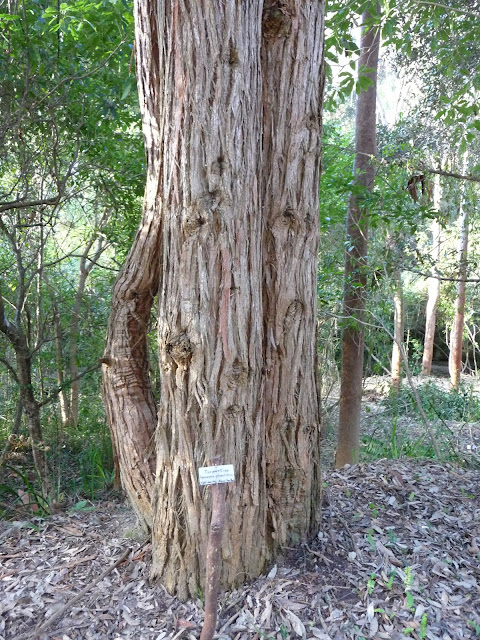Narration is basically retelling what you've read or had read to you. I call it composition if it's a written narration. If it's some other form eg. a drawing, I call it a creative narration but they are all forms of retelling and are all valid.
I thought I'd share some ideas I've used to help my children narrate/compose. I'll add notes as I go to explain.
7 year old girl - after listening to a gospel account.
And after listening to Beautiful Stories From Shakespeare by E. Nesbit
I didn't know she was doing this one but her brothers were doing their compositions so she decided to do one as well.
12 year old (just give me the facts) boy.


The idea for this narration came from Anne White's Plutarch Study Guide when we were studying Poplicola.
14 year old boy - an article for a magazine after we finished Longitude by
Dava Sobel as a read aloud and a retelling from a chapter in Churchill's History of the English Speaking People.


A creative narration after spending time on Mozart in our composer studies.
This was done by my son earlier this year when he was 16 years old. He is a maths man, a late reader and always struggled with writing - mentally & physically. I've spent the last few months honing his oral narration and have spent years doing dictation and tearing my hair out over his spelling.
This is a narration he wrote in the form of a letter after reading a chapter from David Howarth's The Voyage of the Armada.
Gradually, bit by bit his spelling has improved and now he knows a word 'looks' wrong even if he can't work out how to spell it. His punctuation has improved also and I can see an improvement in his writing which I know is a direct result of regular oral narration ie. he comes to me after every reading & tells me about what he's read.


I have to admit that it’s taken me some time to realise the value of oral narration. Maybe it sounded too simple - I don’t know why I thought that when I find it so difficult to intelligently retell anything I’ve read or heard - but I did.
Maybe it was because my oldest 3 (girl, boy, girl) were natural writers and didn’t struggle in the process that I was led to believe that if my children were readers they would just automatically become writers.
We’d always done some oral narration, my intent usually being to check if they’ve been paying attention while I’ve been reading aloud, or to check to see if they’d learned something I thought they should have; but I hadn’t used it as a means for them to tell what they knew or what they thought was interesting or important.
Today I asked my son to do a narration in verse form after we'd read from Plutarch. He's just turned 17 years of age and I could tell he enjoyed doing this whereas 6 months ago he wouldn't even have attempted it.
A couple of months ago I read Charlotte Mason's A Philosophy of Education (Volume 6) for the first time and found it very valuable. On page 193 she writes, "Many children write verse as readily as prose, and the conciseness and power of bringing their subject matter to a point which this form of composition requires affords valuable mental training."
She also mentions 'exercises in scansion' (had to look up this word - ie. checking the rhythm) and not long ago I discovered that the The Grammar of Poetry by Matt Whitling has lessons in scansion - I'd only just started this recently with my 15 & 17 year old boys so it will be interesting to see how these exercises will effect their verse writing down the track.
I've kept lists of different ideas for writing that I've gleaned from all sorts of places or thought of or which have been suggested by my children but there are a few that seem to work better than others and we tend to stick mainly to those, although I do try to get them to vary things somewhat.
I also find that if they get too creative and use the computer for graphics and fancy stuff it becomes more of an exercise in using technology as opposed to writing but sometimes with very reluctant writers it helps them to ease into expressing themselves.



















